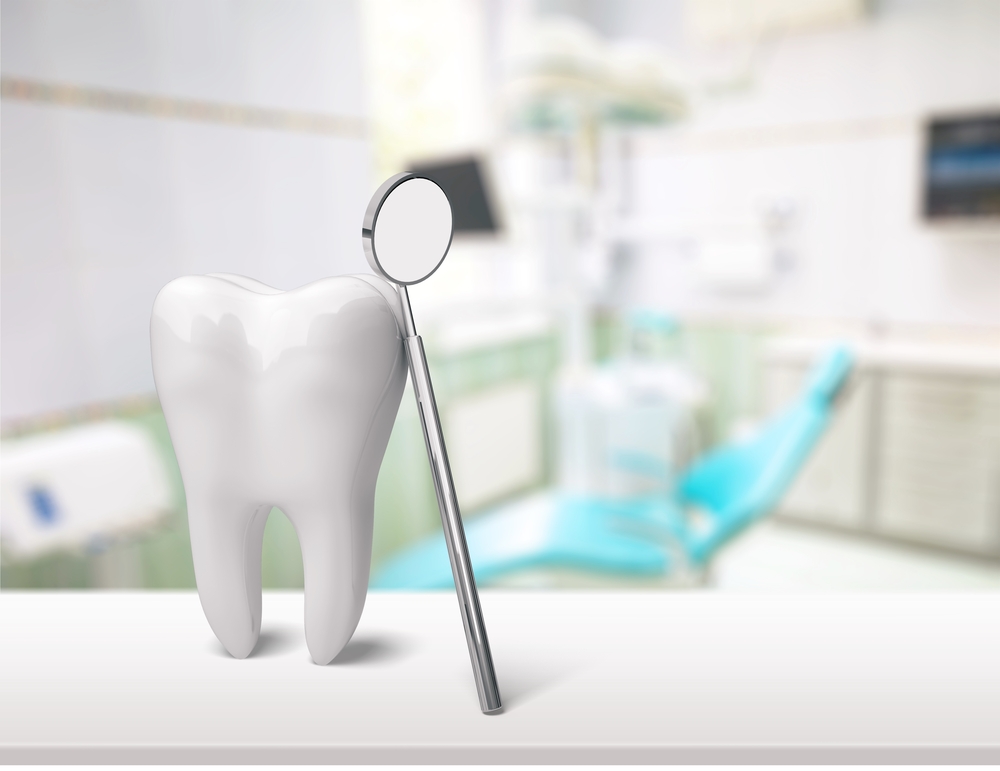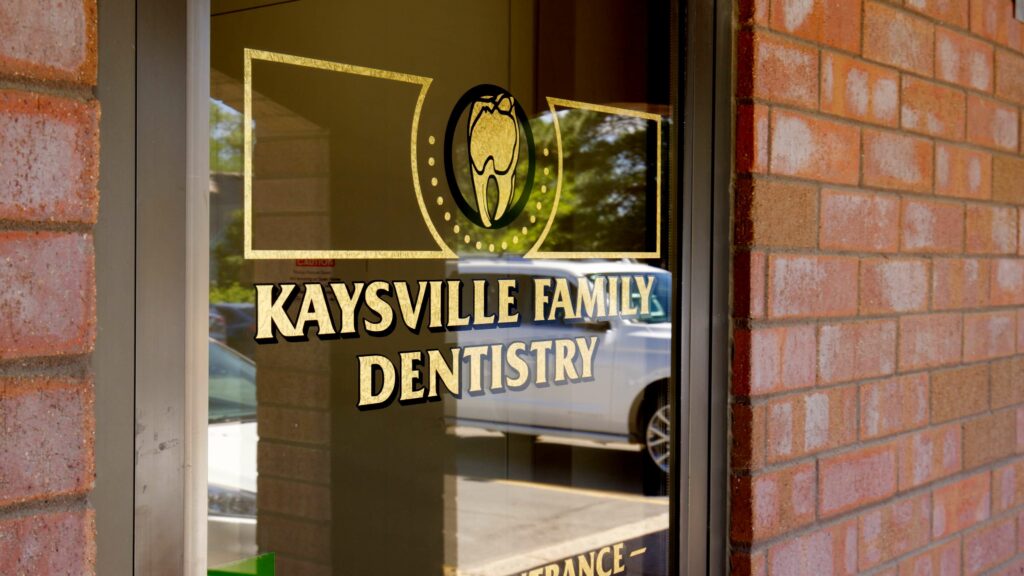Many people can brave the dentist’s chair with the help of an anesthetic alone. Many more require sedation. How do you know if you fall in the latter category?
Different levels of sedation dentistry
Sedatives can alter mood and consciousness to eliminate fear and anxiety. Laughing gas is a conservative sedative that does precisely this. The gas works with an anesthetic to deliver a pain-free, stress-free experience in the dentist’s chair.
Oral sedatives will leave a patient drowsy and largely unaware of their surroundings. Depending on the drug the dentist administers, the patient may have little recollection of their procedure. Like laughing gas, oral sedatives work in concert with an anesthetic.
IV sedation leaves the patient partially conscious, putting the patient to sleep for the duration of the procedure. However, the dentist can easily wake the patient if the need arises. In contrast, a general anesthetic puts the patient under, and it takes a little time for the anesthetic to wear off or be reversed with medication. Here are situations where a patient could benefit from sedation:
1. Patients who become anxious in the dentist’s office should pursue sedation
Many people avoid the dentist until their oral health forces them into the dentist’s chair. This type of avoidance comes down to anxiety and fear that bubbles up whenever a person visits the dentist. The person who breaks into a cold sweat at the smell, sights, and sounds of a dentist’s office should consider sedation.
Sedatives make the person unbothered with their surroundings and the dentist’s actions. The drugs work with the anesthetic to keep the patient calm and pain-free for the duration of the procedure.
2. Long, extensive procedures lend themselves to sedation
Some dental procedures are intensive enough to fall under the umbrella of oral surgery. These types of procedures tend to require effort, precision, and time on the part of the dentist or oral surgeon. Dentists may recommend sedation dentistry for the following types of procedures:
- Multiple tooth extractions
- Bone graft surgery
- The placement of multiple dental implants
- Complex root canal therapy
- Corrective jaw surgery
- Gum flap surgery
These kinds of procedures require both dentist and patient to be calm. They require that the patient limit their movements as the dentist works. Sedation dentistry allows the dentist, periodontist, or oral surgeon to execute procedures with precision and speed.
It is worth noting that extensive procedures lend themselves to higher levels of sedation. A patient who needs multiple tooth extractions may only need oral sedation. A patient who needs complex jaw surgery may need general anesthesia in a hospital setting.
3. Physical, cognitive, or behavioral disability
People with special needs are at higher risk of developing oral health issues. They need regular dental care from dentists who can accommodate their physical or emotional needs. One way to cater to patients with disabilities is the provision of sedation dentistry.
Sedation will calm patients with cognitive or behavioral disabilities by reducing their stress levels. Sedatives and gentle restraints can also control involuntary movement in patients with physical disabilities.
It bears mentioning that a dentist who treats a special needs patient will need to liaise with the person’s primary care physician. The doctor’s input is important when choosing a type of sedation that ensures the patient’s health.
We offer stress-free, pain-free dental treatment
Our practice aims to create pleasant, stress-free experiences for our patients. It is our way of dispelling the myths and phobias surrounding dental procedures. Our team of dentists and anesthetists is on hand to ensure that you get excellent dental care whenever you need it. Get in touch to book an appointment and discover the possibilities that sedation dentistry can open up for you.
Request an appointment here: https://www.kaysvillefamilydentistry.com or call Kaysville Family Dentistry at (801) 546-2439 for an appointment in our Kaysville office.
Check out what others are saying about our dental services on Yelp: Sedation Dentist in Kaysville, UT.

